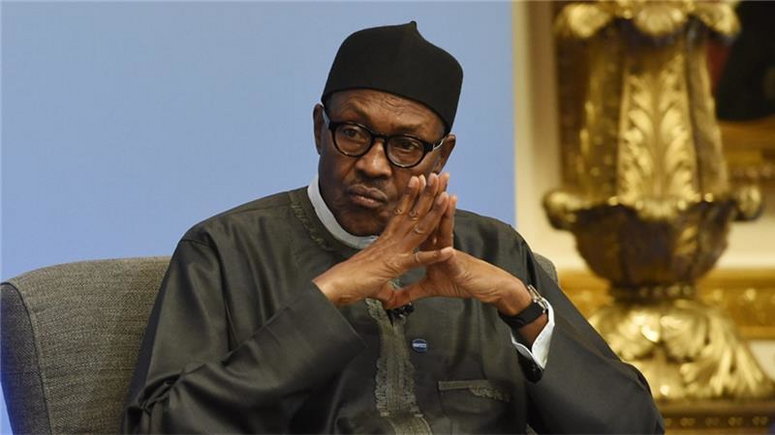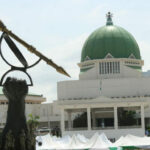A coalition of leading Civil Society Organisations (CSOs) working for the perfection of the electoral system in Nigeria have urged the legislature and President Muhammadu Buhari to conclude the process of the Electoral Act Amendment Bill by January 31.
The CSOs, who said this on Monday in Abuja at a news conference, also said that further delay on the conclusion of the Electoral Act amendment process was inimical to the preparations for Ekiti and Osun states off-cycle governorship elections, the 2023 general election and future elections in Nigeria.
- Electoral Act: PDP Governors Urges NASS To Override Buhari’s Veto
- 2021 AFCON: Why Gabon sent Aubameyang back to Arsenal
They said that the opportunity to test the operations and viability of the new legislation and functionality of the new innovations therein would be lost if the amendment process was not concluded expeditiously.
The CSOs comprised Yiaga Africa, International Press Centre (IPC), Centre for Citizens with Disability (CCD), The Albino Foundation, CLEEN Foundation, Institute for Media and Society (IMS) and Nigerian Women Trust Fund (NWTF).
Others are Premium Times Centre for Investigative Journalism (PTCIJ), Partners for Electoral Reform (PER), Civil Society Legislative Advocacy Centre (CISLAC), Women Advocates Research and Documentation Centre (WARD-C), Nigeria Network of Non-Governmental Organizations and Inclusive Friends Association (IFA).
The Executive Director of Yiaga Africa, Samson Itodo; Executive Director of NWTF, Hajiya Mufuliat Fijabi; IMS Director, Dr akin Akingbulu and PER Executive Director, Ezenwa Nwagru and others read a portion of their statement.
The CSOs also asked the Senate and House of Representatives to, upon resumption on Tuesday 18 January, take legislative action at its first sitting to conclude the process and re-transmit the Bill to President Buhari by Friday, January 21.
“The National Assembly should ensure proper scrutiny of the bill to resolve all drafting errors and cross-referencing gaps before re-transmitting the bill for Presidential Assent.
“The President should upon receipt of the re-transmitted bill provide his assent within a week.
“The civil society groups, media, and development partners sustain the effort to safeguard the Electoral Bill from policy capture, manipulation, and subversion of the people’s will,” they said.
Itodo said that further delay in the conclusion of the electoral amendment process would be dangerous.
He said, “Today, with only 398 days to the 2023 general election, it is crucial for the National Assembly and President to conclude the electoral amendment process by 31 January 2022.
“A new legal framework is central to the integrity of 2023 general elections and future elections and the advancement of Nigeria’s democracy.
“Against the background of the changing electoral environment and innovations introduced by INEC to enhance electoral integrity, it is inconceivable to conduct the 2023 general election and future elections with the current legal framework, the 2010 Electoral Act as amended.
“The Electoral Bill 2021 reflect the wishes of Nigerians and key electoral stakeholders for a legal framework that promotes the use of technology and other innovations to stem electoral manipulation, strengthens INEC’s financial independence, and empowers the commission to reject falsified election results.”
They also asked the National Assembly to remove the contentious clause of direct primaries.

 Join Daily Trust WhatsApp Community For Quick Access To News and Happenings Around You.
Join Daily Trust WhatsApp Community For Quick Access To News and Happenings Around You.

